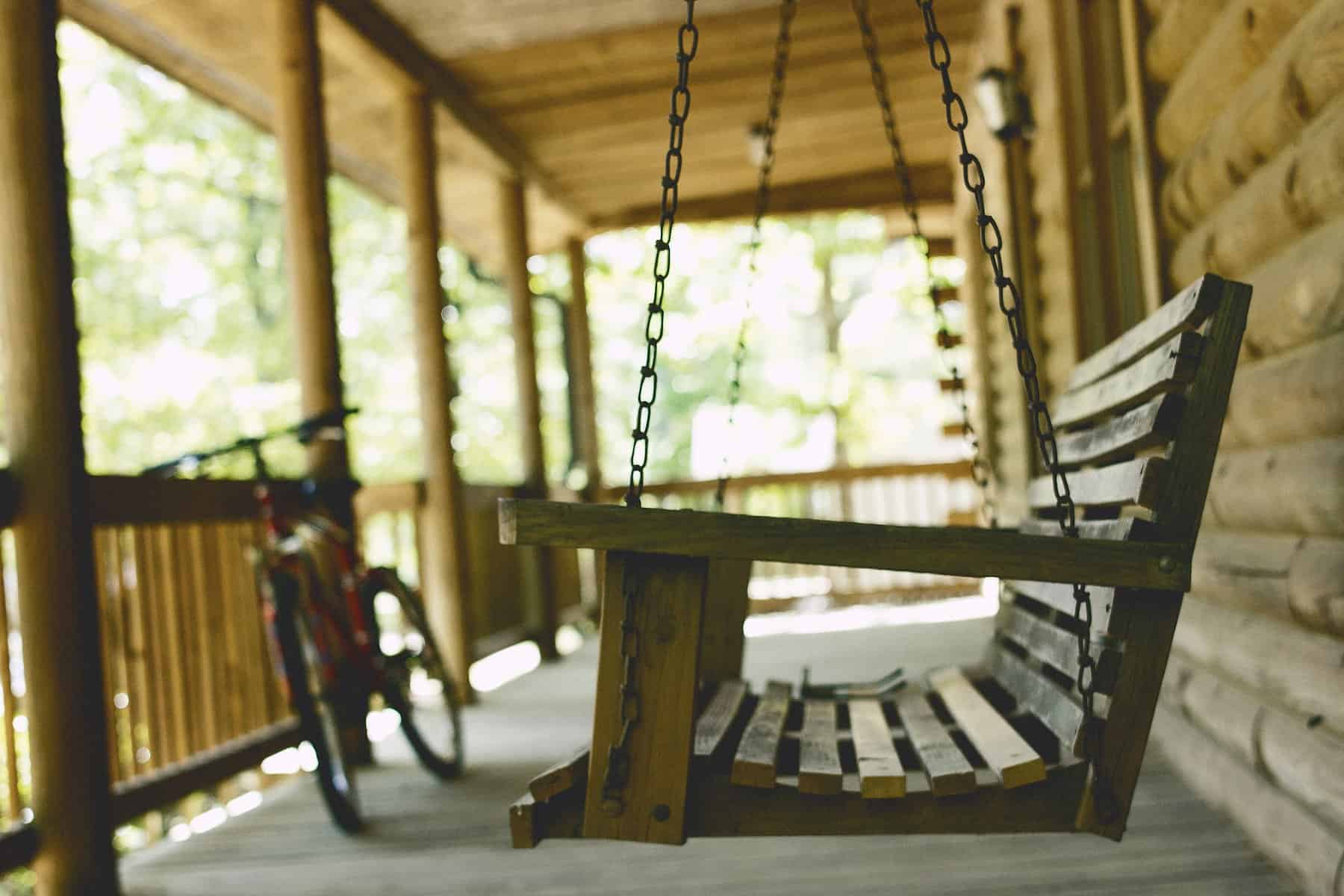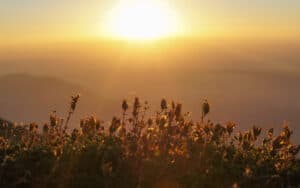
In the anxiety of battle between good and evil, sensible compromise and sinful submission to worldly systems confronting me at my fingertips, I often retreat to my front porch swing for solace. Our little farm is surrounded by large filbert orchards on three sides. Those filberts, also known as hazelnuts, are typical of the industrial agriculture that took over some of the most fertile soil on the continent—Oregon’s Willamette Valley.
Row after row in an endless gaze, the filbert trees stand…and fall, due to “filbert blight,” a disease caused by unsustainable practices and soil leached with herbicides.
In contrast, at Eloheh Farm, (Eloheh meaning harmony in Cherokee) we engage principles of permaculture, biomimicry and Traditional Indigenous Knowledge to grow our fruits, vegetables and Open Pollinated seed stock. We are an organic oasis in the midst of mono-cultural, industrialized, agricultural blight.
The stark difference provokes many thoughts from my porch swing. I clearly see a dying, unsustainable and bleak world, like a scene from a Tim Burton movie; Sacred Spirit replaced by the spirits of greed and commodification. And I wonder, how can people ignore the sacredness of this place?
From the same sacred land, we grow healthful food that nourishes our family, friends and others. Eloheh, whose mantra is “plant, grow, harvest, share” is a microcosm of physical and spiritual space, founded on different values than our neighbors’. Our life is based on abundance and faith—cooperating with creation, not trying to control it.
Our life is based on abundance and faith—cooperating with creation, not trying to control it.
On my porch swing, I wonder: What it would take for my neighbors to see the sacredness of the earth as a spiritual place, as God’s own creation? How could I help others see the contrast of these two different ways of living in the world?
Instead of destroying the land of our grandchildren, please, come sit with me for a while, on my porch swing.
Rev. Dr. Randy Woodley is Distinguished Professor of Faith and Culture and Director of Intercultural and Indigenous Studies at George Fox University/Portland Seminary An activist/scholar, speaker, teacher and wisdom keeper who addresses American culture, faith, justice, diversity, racism, our relationship with the earth and Indigenous realities, his work has appeared in Christianity Today, The Huffington Post, Moody Radio and Time Magazine. His books include: The Harmony Tree: A Story of Healing and Community, Shalom and the Community of Creation: An Indigenous Vision, and Living in Color: Embracing God’s Passion for Ethnic Diversity. Randy is a legal descendant of the United Keetoowah Band of Cherokee Indians in Oklahoma and a member of the Oregon Department of Education American Indian/Alaska Native Advisory Board, Greater Portland Native American Cimate Council and other service organizations. Dr. Woodley and his wife are co-sustainers of Eloheh Farm, a permaculture, regenerative teaching farm, school and community in Newberg, Oregon.


